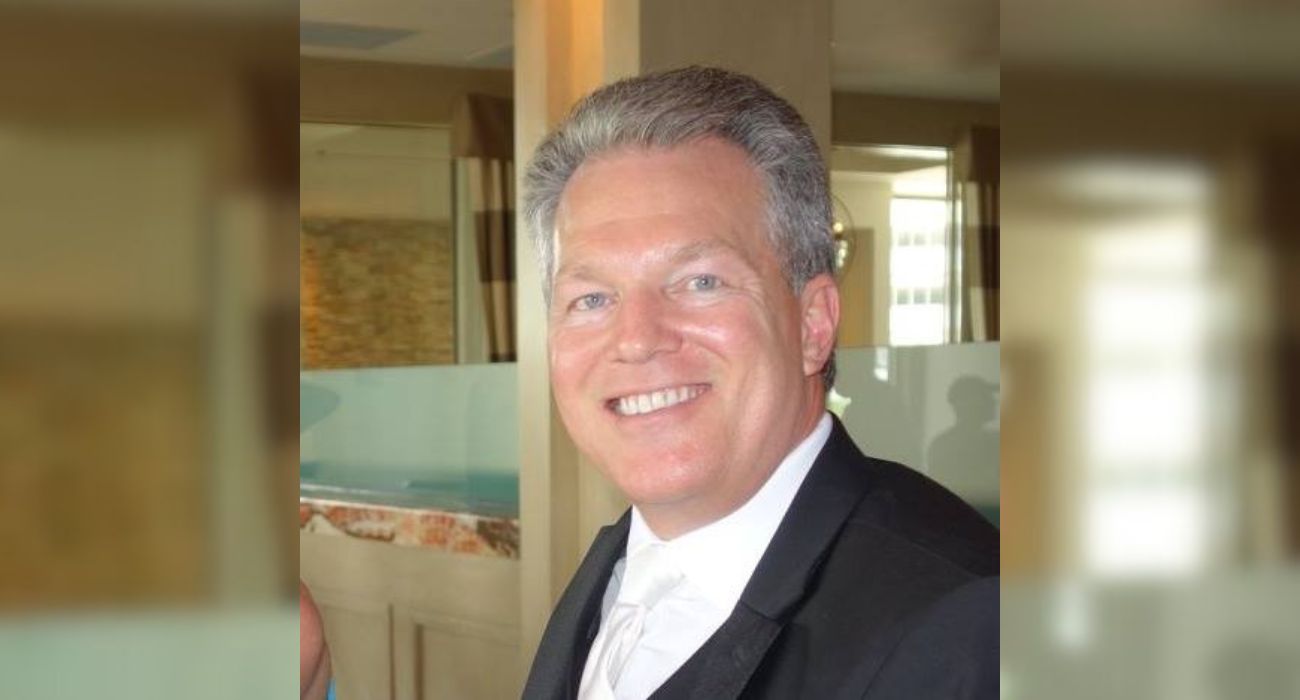MarQuetta ‘MarQ’ Clayton is running for Tarrant County Criminal District Court 2 judge, looking to represent the Democratic Party in this county-wide seat.
The Dallas Express spoke with Clayton about her campaign and what motivated her to seek the position.
Clayton received her juris doctorate from Texas A&M University School of Law and has worked as an attorney on both sides of the court as the owner and managing attorney of The Clayton Law Firm. This dual experience is one of the hallmarks that Clayton says has prepared her to be a judge.
“It is very important to have a judge who has had to do both sides as each takes a different skill set,” she said, adding that this knowledge allows for an open mind. “This offers more balance and fairness.”
When asked about areas in which the justice system is lacking, Clayton shared that she sees a need for judges to be both firm and compassionate.
“I can probably count three judges who I feel can be firm and compassionate. I speak to being compassionate because I believe no matter what the sentence is or what the person has done, even if I have to hand out a life sentence, I can do it with respect and dignity. I believe people will respect you and the system more if judges do it in this way,” said Clayton.
“I see in courts where judges are mean, demeaning, and disrespectful. This makes my skin crawl. A judge sets the tone and the standards for the courtroom,” she added.
She commented that many of the standards currently displayed by judges incite a lack of trust in those who look to the justice system for fairness.
“If a person is coming to court, they are dealing with multiple people, such as an officer, attorney, clerk, judge, and possibly a probation officer. If every person you meet along the way treats you poorly, you’re going to feel like you got railroaded. They will believe the justice system is not for them,” said Clayton. “It’s creating a repetitive cycle of trauma in a system that is supposed to be built to protect them.”
Clayton warned that this cycle contributes to recidivism. If people feel they are treated unfairly by a justice system that does little to address the underlying reasons that people commit crimes, she said, those people are more likely to fall back into bad behaviors.
She explained that part of the solution is to address the justice system’s transparency issue: “We start by being open when something goes wrong and not try to continue the coverup.”
Everyone makes mistakes, but “we ought to be in a place where we address what went wrong and how we can make sure it doesn’t happen again,” she added.
Additionally, the courts should be more forthcoming regarding how long it takes to resolve a case, Clayton said.
“What takes some cases three or four years to get through the system? Why is this happening? We need to be more transparent,” she challenged.
Clayton asserted that judges need to utilize the powers within their purview to ensure attorneys have their cases put together in a timely manner to avoid adding to the backlog.
This backlog encourages continued suffering more than solutions, she said.
Many times, by the time someone’s case is heard, “people have moved on, they don’t want to talk about it anymore, they’re happy, … they’re trying to get past it. I use a statement that is not my own, but it speaks to this: ‘Justice delayed is justice denied,’” said Clayton, adding, “This goes both ways — for the person who has been accused and the victim.”
“Cases don’t get better over time,” she explained. “You lose people, evidence, facts, and people’s willingness to prosecute. And then nothing ends up happening.”
“The waiting looms over the accused and the victim’s head. Four years later, if the victim is healed up, gone to counseling, has been treated — they’re ready to move on, and the justice system is ready to retraumatize them! We have to do better.”
“We have to have better policies from the judiciary that’s saying the end of the road for cases will be much sooner than three to four years,” said Clayton.
“In Tarrant County, we have four jail facilities, and they have been at capacity because the courts are so backlogged,” she said. “And the courts are so backlogged because they are not running efficient dockets.”
Clayton lamented the “money Tarrant County received from the State for COVID relief that was used to fund a private jail 3.5 hours away to house some Tarrant County inmates because our jails were at capacity. I’m talking about $40 million.”
“We need to bring our inmates back to Tarrant County instead of putting money into private prisons [and] fattening up the pockets of these [privately funded jail] owners. We don’t want to be the county that’s doing that.”
Clayton noted that bonds are another contributing factor to the overcrowding of the jails.
“We have people sitting in jail on a $500 bond. If a person cannot afford a $500 bond, they probably don’t have the money because you only pay $50 on a $500 bond. We’re paying more than that to keep them in jail,” she remarked, suggesting these individuals should be released on a personal recognizance bond, more commonly known as a PR bond.
Clayton said these pressing issues in our judiciary system are the reason she is stepping into the arena.
“I am a natural problem solver, and I am qualified to help alleviate some of these problems we are seeing in the criminal justice system.”
As for people who want to see change in their community, Clayton encourages voters to realize that every vote counts.






